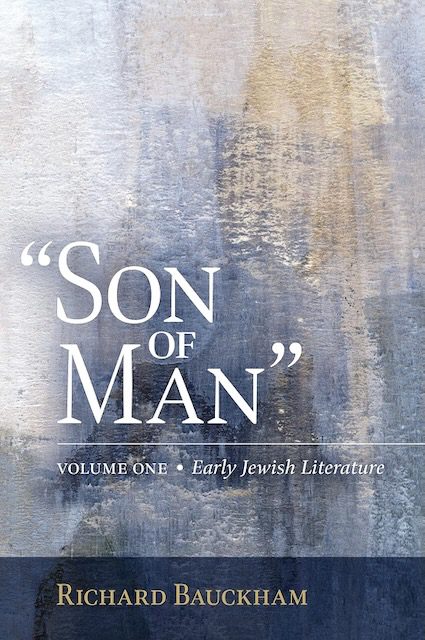Q. You have concluded that the phrase ‘that Son of Man’ in the Parables of Enoch is neither a title nor a technical phrase, but is simply a way of saying a human being. What led you to this conclusion and why in that context would it be important to insist that the Son of Man even as some sort a messianic figure who will judge all the nations in due course is merely human?
A. To say that “son of man” is simply a Semitic idiom for “human” is uncontroversial. There are many examples in the Hebrew Bible. The phrase in the Parables is usually, as you say, not “the son of man,” but “that son of man,” i.e. “that man.” It is a reference back to the human figure that Enoch had seen in his vision of a human figure in heaven with God. Sometimes the phrase is “the son of man who …” where the qualifying phrase specifies which man is referred to. Therefore the phrase is not a title. It belongs to the literary context of the Parables of Enoch. Outside “that son of man” would make no sense. I do not mean that there is no allusion to Daniel 7, but the phrase “that son of man” alludes to Daniel 7 only indirectly, by way of 1 Enoch 46, where Enoch sees a figure whose “face was like the appearance of a man” with “the Head of Days” in a scene clearly modelled on Daniel 7. Incidentally, it is not the fact that “a son of man” is equivalent to ”a human” that means it cannot be a title. It is conceivable that “the Man” could be a title (as I think William Horbury has suggested), but one would need some way of identifying it as such. The important point is that “son of man” is not USED AS A TITLE in the Parables of Enoch or anywhere else that I can see.













